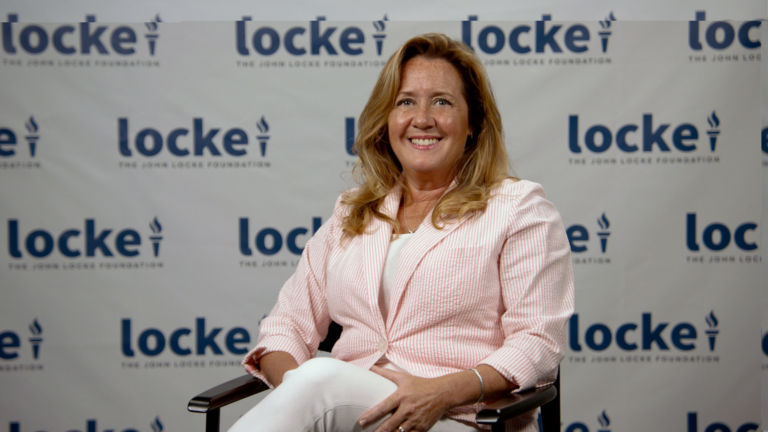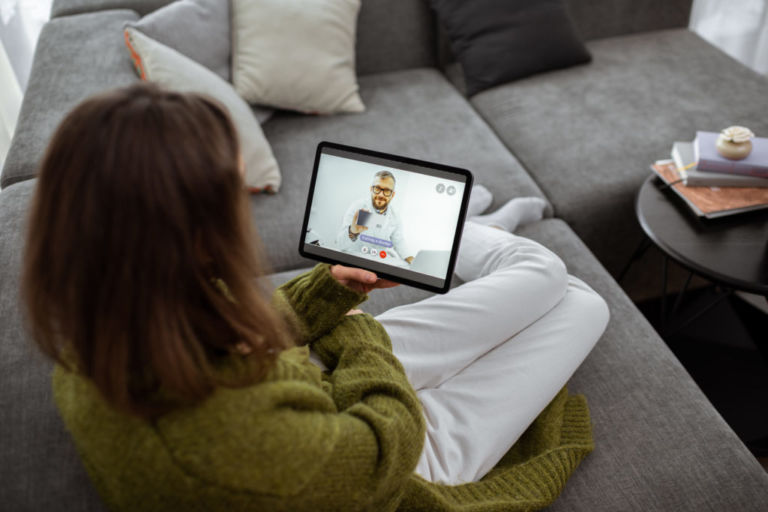John Goodman discussed in Forbes the reasons why he believes telemedicine hasn’t been utilized more by the healthcare sector:
The biggest obstacles? Government. Insurance companies. Employers. They pay the bills. Not only have they been slow to take advantage of telemedicine, they are refusing to pay for most of it – even today. As I explained in a previous post, there are two things standing in the way: a payment system that is decades out of date and attitudes of some doctors whose mindset hasn’t changed since the Middle Ages.
Some doctors and nurses see telemedical technology as competition, but almost everyone in the field has the opposite view: new technology is allowing medical professionals to do a better job. That said, there are many ways in which telemedicine is superior to traditional medicine.
Goodman says telemedicine does not only have the potential to save consumers money in terms of dollars spent directly on health care, he sees it as a way to alleviate some of the burdens that people may face when seeking healthcare:
All over the developed world, people pay for health care in two ways: with time and money. And almost everywhere, they mainly pay for care with time and not with money by having to wait a long time for care or by having to travel long distances. Even for low-income patients, it appears that the time cost of care is a greater deterrent than the money cost. Telemedicine has the potential to solve that problem – if only we would let it.
As Mr. Goodman alludes to in the title of his article, the benefits of telemedicine are right at our fingertips. We have been advocating for a market-based approach to telemedicine here at the John Locke Foundation which would allow consumers to utilize a personalized, convenient, and cost-effective method of getting care. Government payers, health insurance companies, and physicians should embrace telemedicine and allow it to thrive in the market.


